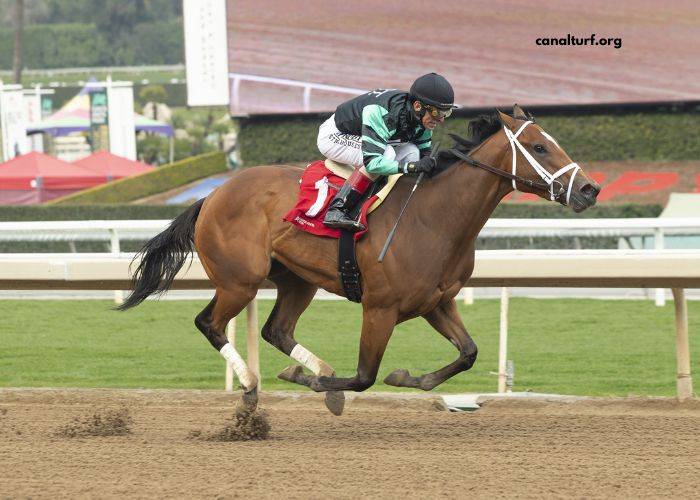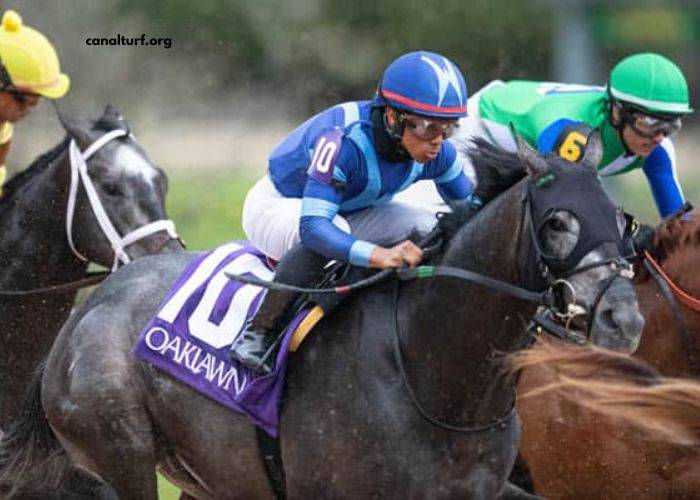In the realm of sports and athletics, the pursuit of peak performance is an endeavor that captures the imagination of athletes, coaches, and enthusiasts alike. The concept of reaching one’s full potential, pushing physical and mental boundaries, and achieving extraordinary feats has been a driving force behind countless hours of training, dedication, and sacrifice. While physical training, technique, and strategy undoubtedly play crucial roles in an athlete’s success, it is the often-overlooked domain of psychology that truly holds the key to unlocking the athlete within and achieving peak performance.
Understanding Peak Performance
Peak performance can be described as a state in which an athlete operates at the pinnacle of their abilities, executing skills and actions flawlessly while experiencing an optimal blend of focus, confidence, and control. This state is not limited to the elite; athletes of all levels can tap into it. However, achieving peak performance is more than just a matter of raw talent and physical conditioning. It involves harnessing the power of the mind to enhance performance and overcome challenges.
The Role of Psychology in Athletic Performance
The mind-body connection has long been recognized as a fundamental aspect of sports and athletics. A positive psychological state can lead to improved physical outcomes, while negative thoughts and emotions can have a detrimental impact on performance. The field of sports psychology emerged to address these dynamics and provide athletes with tools to optimize their mental approach to competition.
Self-Belief and Confidence
Confidence is often hailed as a critical component of peak performance. Believing in oneself and one’s abilities creates a mental environment in which an athlete can perform at their best. This self-belief is not merely a superficial attribute; it directly influences an athlete’s actions and decisions on the field.
Sports psychologists employ various techniques to boost confidence levels. Visualization, for instance, involves mentally rehearsing successful performances, allowing the brain to develop a sense of familiarity and comfort with executing challenging actions. Positive self-talk is another strategy, involving the conscious use of affirming statements to counteract negative thoughts and doubts.
Focus and Concentration
In the midst of competition, maintaining focus and concentration is paramount. Athletes must navigate a barrage of distractions, both internal and external, to stay fully engaged in the task at hand. The ability to focus enhances reaction time, decision-making, and overall performance.
The concept of “flow” is often associated with peak performance. Flow is a mental state characterized by complete immersion in an activity, where time seems to stand still and the athlete is fully present in the moment. Achieving flow requires a delicate balance between challenge and skill level. If the challenge exceeds an athlete’s skill, anxiety can arise; if the skill surpasses the challenge, boredom can set in. Sports psychologists work with athletes to find this optimal zone and teach techniques to enter the flow state more consistently.
Managing Pressure and Anxiety
Pressure is an ever-present factor in competitive sports. The ability to manage pressure effectively is a hallmark of mentally resilient athletes. Anxiety and nervousness can hinder performance by causing physiological reactions such as increased heart rate, shallow breathing, and tense muscles. Learning to control these reactions can lead to better composure and decision-making under pressure.
One technique widely used is systematic desensitization, which involves gradually exposing athletes to anxiety-inducing scenarios while teaching relaxation and coping techniques. This process helps athletes become more comfortable with high-pressure situations over time.
Goal Setting and Motivation
Goals provide direction and purpose to an athlete’s efforts. Setting both short-term and long-term goals can help maintain motivation and provide a sense of accomplishment. However, the process of goal-setting is more nuanced than simply picking a target and working towards it.
Sports psychologists emphasize the importance of setting SMART goals: Specific, Measurable, Achievable, Relevant, and Time-bound. Goals that meet these criteria are more likely to enhance motivation and performance. Moreover, focusing on the process rather than solely on the outcome can reduce anxiety and improve performance consistency.
Overcoming Setbacks and Adversity
Adversity is an inherent part of sports, and athletes will inevitably face setbacks and challenges. The ability to bounce back from failures is a hallmark of a mentally tough athlete. Resilience, defined as the capacity to recover quickly from difficulties, is a skill that can be cultivated through psychological strategies.
Cognitive restructuring is one technique used to help athletes reframe negative thoughts and perceptions. Instead of viewing a setback as a failure, athletes can learn to see it as a learning opportunity or a stepping stone towards improvement. This shift in perspective can alleviate the emotional toll of failure and encourage a growth mindset.
The Role of Mindfulness and Mental Training
In recent years, mindfulness has gained traction as a valuable mental training technique in the realm of sports psychology. Mindfulness involves being fully present in the moment, without judgment. Athletes who practice mindfulness are better equipped to manage stress, regulate emotions, and stay focused under pressure.
Mental training, which includes techniques like meditation, deep breathing exercises, and progressive muscle relaxation, can enhance an athlete’s overall psychological well-being. By training the mind, athletes develop greater self-awareness, emotional control, and mental clarity—qualities that are indispensable for peak performance.
The Athlete-Coach Partnership
The athlete-coach relationship is a cornerstone of athletic development, and psychology plays a pivotal role in this dynamic. Coaches often serve as mentors, motivators, and strategists, influencing an athlete’s mindset and approach to training and competition.
Effective communication between athletes and coaches is crucial. Coaches who understand the principles of sports psychology can tailor their coaching style to individual athletes’ needs, providing the right balance of challenge and support. For instance, a coach may use positive reinforcement to enhance self-confidence or employ relaxation techniques to manage performance anxiety.
Conclusion
Unleashing the athlete within and achieving peak performance is a multidimensional journey that transcends physical prowess. The psychology of sports plays a pivotal role in helping athletes navigate the complexities of competition, overcome challenges, and tap into their full potential.
The mind-body connection is a powerful force, and by harnessing the principles of sports psychology, athletes can cultivate mental resilience, enhance focus and concentration, manage pressure, and ultimately elevate their performance to new heights. As our understanding of the human mind continues to evolve, so too will the techniques and strategies that enable athletes to thrive in the pursuit of excellence.




